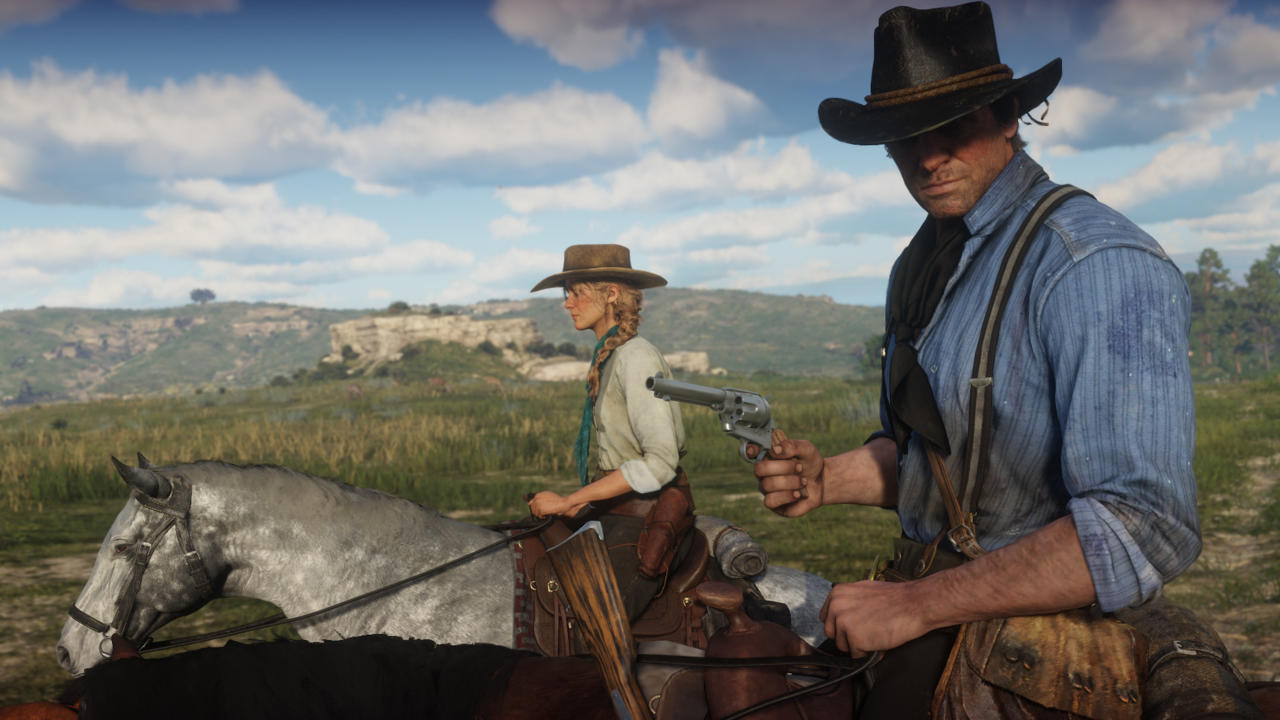“You’re going to own the apocalypse”: How Overkill's The Walking Dead will make you excited about zombie games again
Overkill’s The Walking Dead is a co-op focused tribute to Kirkman’s comics, and a way for the Payday developer to show off its storytelling chops
Resident Evil, Call of Duty, Dead Rising, Dying Light, Left 4 Dead, State of Decay, Dead Island, Plants vs. Zombies… it can often seem as though zombie games are as much of an epidemic as the creatures they so often portray. Not just that, but cast out the net into the wider sea of popular culture, and you’ll bring in an equally saturated haul of moaning, animated corpses. They’ve been the basis for blockbuster movies, serialised dramas, sitcoms, rom-coms, talk shows, art exhibitions, musicals, and - of course - MJ’s best dance move.
So how do you make zombies not just exciting, but scary again, in a bloated market where the living dead can often feel like nothing more than harmless cannon fodder? That was the question Overkill Software faced itself with when beginning work on The Walking Dead, its upcoming first-person shooter based on the Robert Kirkman-created comics of the same name. The studio’s answer has the potential to be the next great zombie game you never knew you wanted.
When most people think of The Walking Dead, one of three things will come to mind; the tired and long-standing AMC TV show, the bleak, monochromatic series of graphic novels it’s based upon, or Telltale’s seminal adventure game from 2012. That means Overkill’s title is sharing a sprawling fictional universe with several other mediums, but The Walking Dead intends to stand out amongst its brethren with a commitment to something you don’t see too often in interactive entertainment; pure, tightly focused co-op play.
Raising the dead
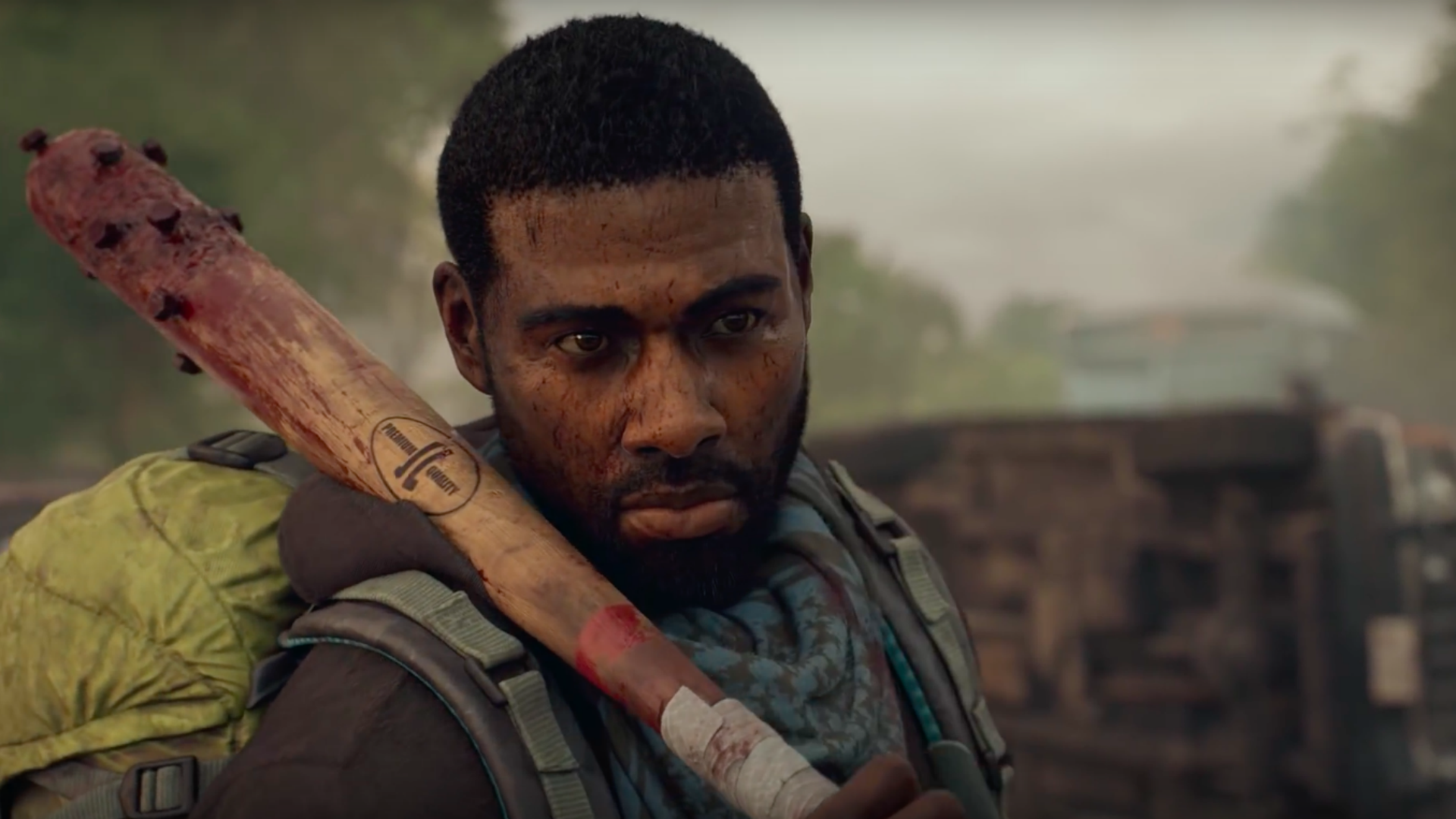
Up to four players can enlist in Overkill’s virtual apocalypse, teaming together to make use of each original character’s distinct abilities, progression opportunities, and play styles in the game’s blistering FPS campaign. If you’re familiar with Overkill’s previous work on the Payday series, another four player co-operative jaunt, then you’ll know that the studio has the credentials to pull something like this off, but the real question is whether The Walking Dead can offer fresh ideas in a traditionally prosaic milieu.
The game’s official title, Overkill’s The Walking Dead, is named that way partly out of a need to avoid confusing it with other Walking Dead products, but it’s also a clear statement that this is very much the studio’s own interpretation of the source material. Not Kirkman’s (though he is involved in an advisory capacity), not Skybound’s, but Overkill’s, and my recent conversation with Global Brand Director Almir Listo and Global Development Director Saul Gascon confirmed the studio’s passion for making something that'll stand out.
“We’re working with a very well known IP”, explains Gascon, “so people have ceratin expectations, but we want them to know that this is our take on The Walking Dead, so you’re not going to be a useless survivor. You’re going to own the apocalypse.”
Listo concurs. “We’re treating the tone and story with a seriousness that I think few games demonstrate these days. The focus right now in the industry is making games where 100 characters drop onto an island or whatever, with graphics that don’t matter as long as they’re appealing to 12 year olds. We're building a game for adults. It’s a mature experience and it’s set in a mature universe by someone who has a lot of love for his creations. Robert’s comics have layers and touch on different things emotionally that aren’t investigated much by the TV show, but we want to explore that in our game.”
Weekly digests, tales from the communities you love, and more
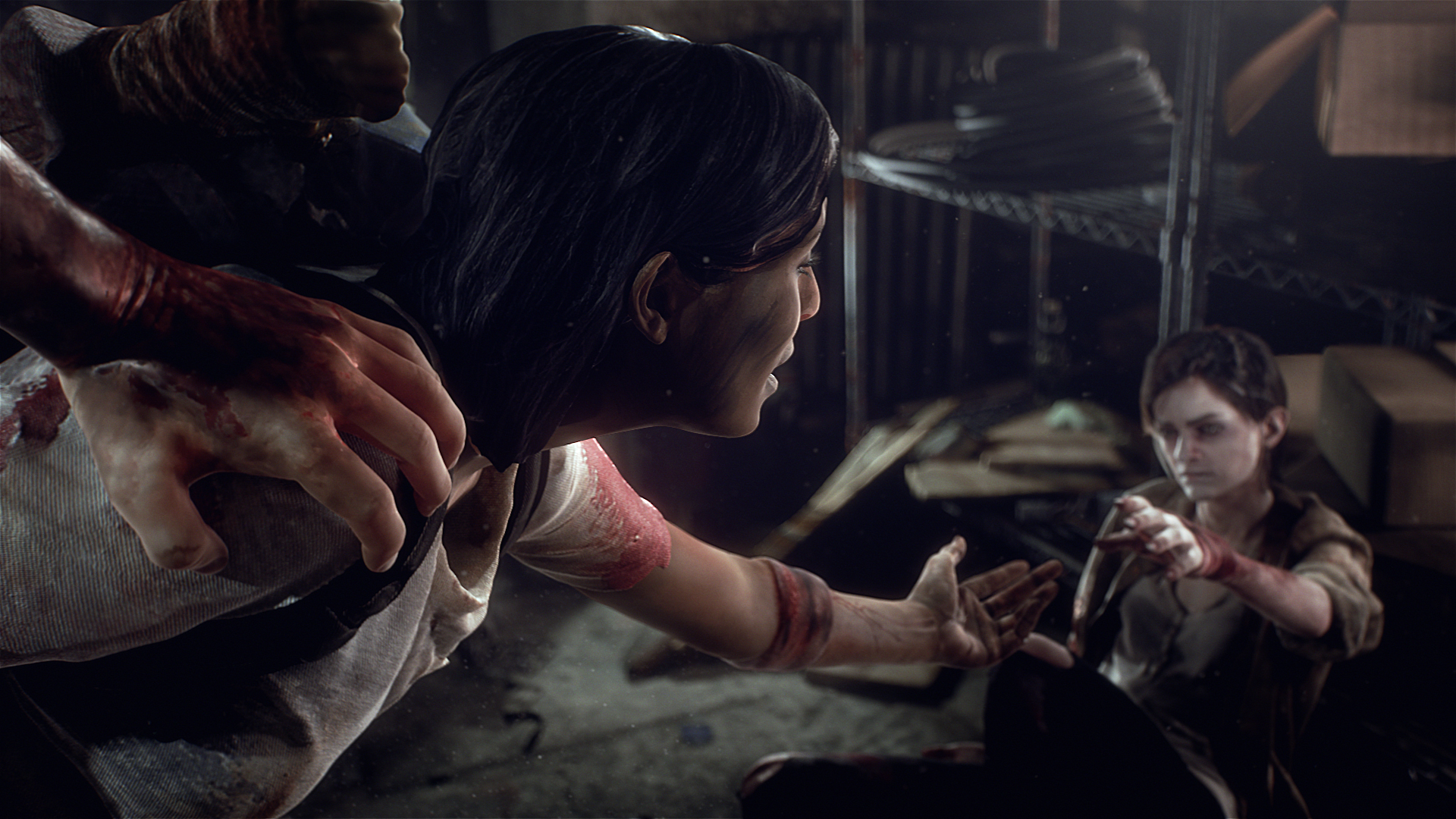
So far, Overkill has released a handful of cinematic trailers for The Walking Dead, all of which are designed to introduce playable characters and set the tone in preparation for the game’s release this Fall. Listo and Gascon promise that gameplay will be shown at E3 this year, but the decision to focus on story promos so far has been an intentional byproduct of the studio’s commitment to world building.
In another break from The Walking Dead canon, the game takes place in Washington DC, which is referenced to but never seen in the Atlanta-focused setting that fans of the comics and TV show are familiar with, and Gascon explains what led Overkill to make that call.
"We couldn't just slap The Walking Dead label onto a Payday game."
Saul Gascon, Global Development Director
“When we talked with Kirkman, we told him we wanted to have a spot that has not been explored in the comics or TV show too much, to give us flexibility to build our own universe. As creators, we don't want to be tied to anything that might hinder the quality of the story, and Kirkman has been fantastic because he’s not explored the setting either and we’ve been able to build it together. There are even some things we discussed in conversations with him that went into the upcoming comic books, which is really cool.”
But why Washington D.C. as opposed to, say, any other American city or state? Or even Europe? Or Asia? Gascon half jokingly admits that, since Payday 2 was set in the US capital, this is Overkill’s “egocentric” way of paying homage to itself, but Listo clarifies the narrative reasoning behind the choice.
“Anyone interested in The Walking Dead universe will always ask the same questions early on: What did the government do? What happened to the military? Where is everybody!? That’s what makes it such an interesting spot to have the game be set in.”
Survival instinct
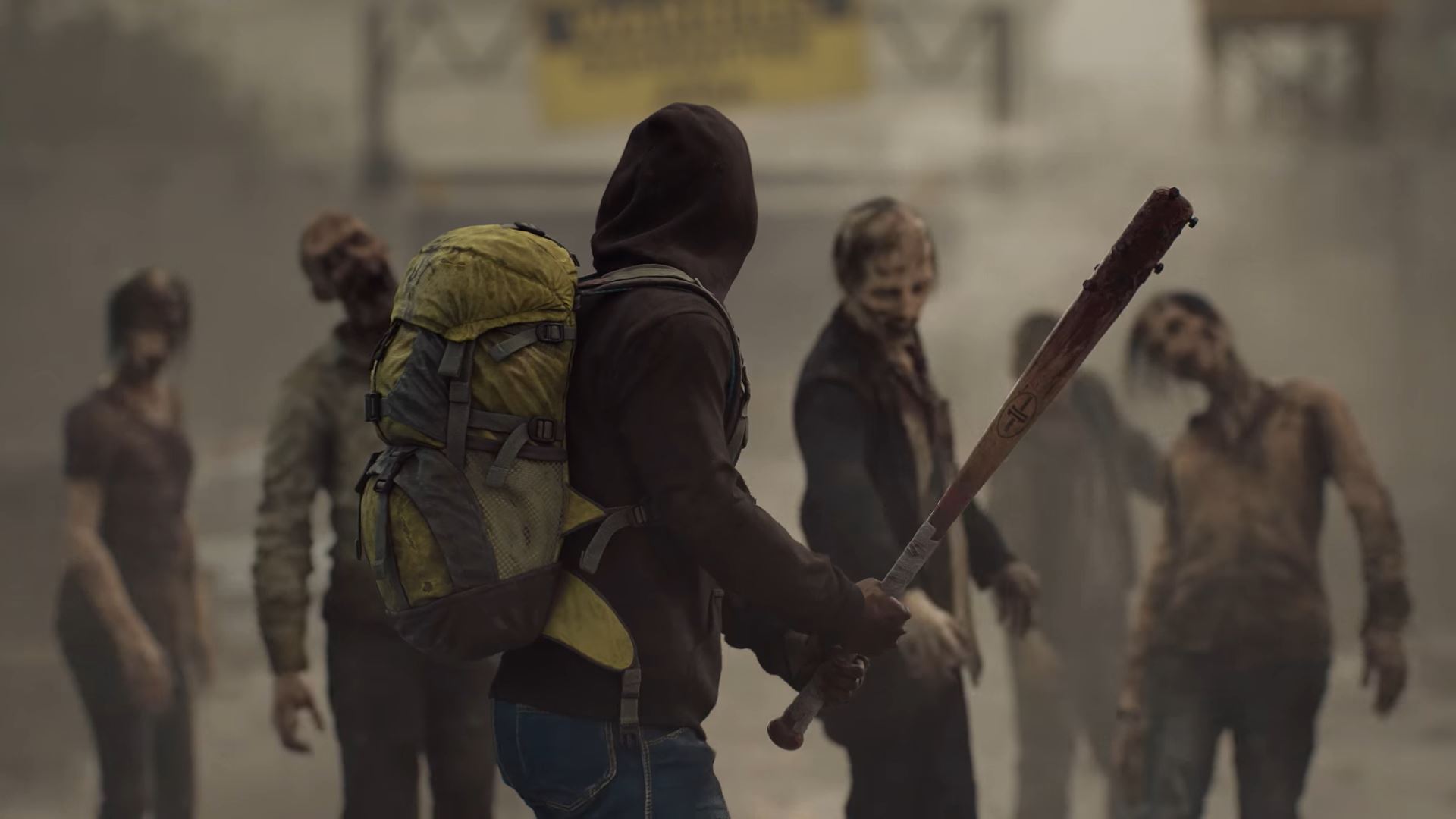
If Washington DC isn’t already scary enough these days, Overkill wants to creep you out even more with its armies of shambling corpses, though Gascon admits that it’s been a challenge to draw fresh horror from The Walking Dead’s ensemble of traditional walkers.
“The zombies we have are of the classic Romero variety, so we make them dangerous by throwing hundreds of them in your face”, he explains. “The main threat is actually humans, since they’re still the first and foremost danger in The Walking Dead universe. But the walkers are a constant threat; the more you fight with humans, the more noise you make, and the more walkers you attract.”
Of course, with its co-operative slant, you’ll never be alone in Overkill’s The Walking Dead, and Gascon describes how the team has applied its knowledge from Payday to get players working together in the zombie apocalypse.
“We’ve heard people say this is just going to be Payday with zombies, but we’re delivering something that is much better suited for the universe we’re working with. We couldn't just slap The Walking Dead label onto a Payday game. It’s a completely different kind of co-op experience with exploration, environmental storytelling, and problem solving. If you’ve played the raids in Destiny or Destiny 2, then think on those lines. We're making a game where coordination between every player is absolutely the key.”
Overkill’s The Walking Dead was first announced all the way back in 2014 and slated for a 2016 release, but that window has since been pushed back a number times before Overkill finally landed on the feasible launch window of this year. Delays can be a cause for concern amongst eager onlookers, but Listo assures me that the setbacks have absolutely been for the right reasons.
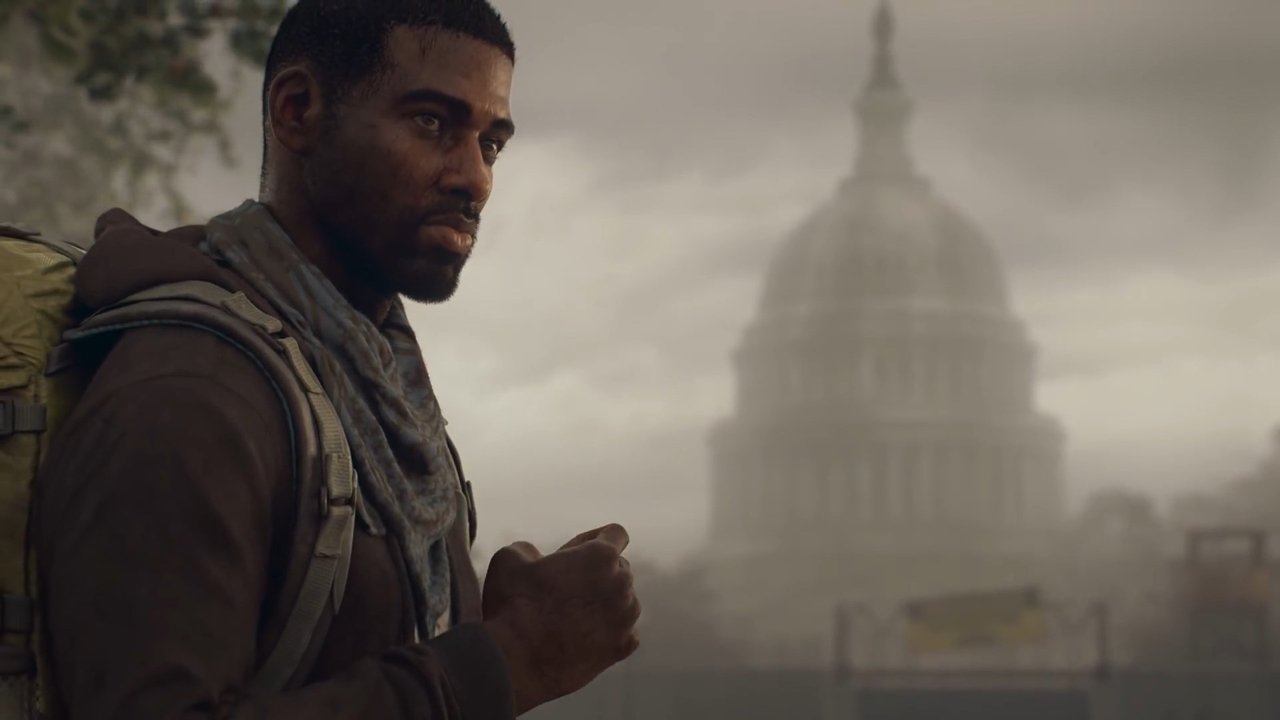
“We’re an independent studio and so is Skybound, so the creative relationship is one where we can make decisions ourselves without anybody intervening or pushing for a deadline, so we can just focus on developing the game itself. It’s all about finding the juice, that special game loop that keeps players coming back, and we think we’ve found it. It's been such a difficult project to make, but that’s because we’re trying to make something awesome.”
That’s not to say that coming up with a brand new Walking Dead story in collaboration with the creator of The Walking Dead has been smooth sailing, but Listo says he’s embraced any healthy disagreements between Kirkman and the team that inevitably arise from a passionate working relationship.
“I definitely think the relationship has been challenging in a lot of ways”, he admits, “but not for negative reasons at all. This is Robert's universe and he cares, and with that care comes opinion and conflict, but this is a natural part of the creative process and something we’ve been happy to have with Skybound.”
As Overkill gears up for the final few months before The Walking Dead’s launch, Listo and Gascon hint that more character trailers and dev diaries are on the way, alongside more cool surprises that the studio is holding to its chest for now. With season 8, AMC’s televisual adaptation has left many fans burned out on The Walking Dead, but the infectious excitement which emanates from Overkill’s team suggests that its latest passion project may be the palate cleanser that’s needed to remind us why we loved this brilliantly bleak universe in first place.
I'm GamesRadar's Features Writer, which makes me responsible for gracing the internet with as many of my words as possible, including reviews, previews, interviews, and more. Lucky internet!
